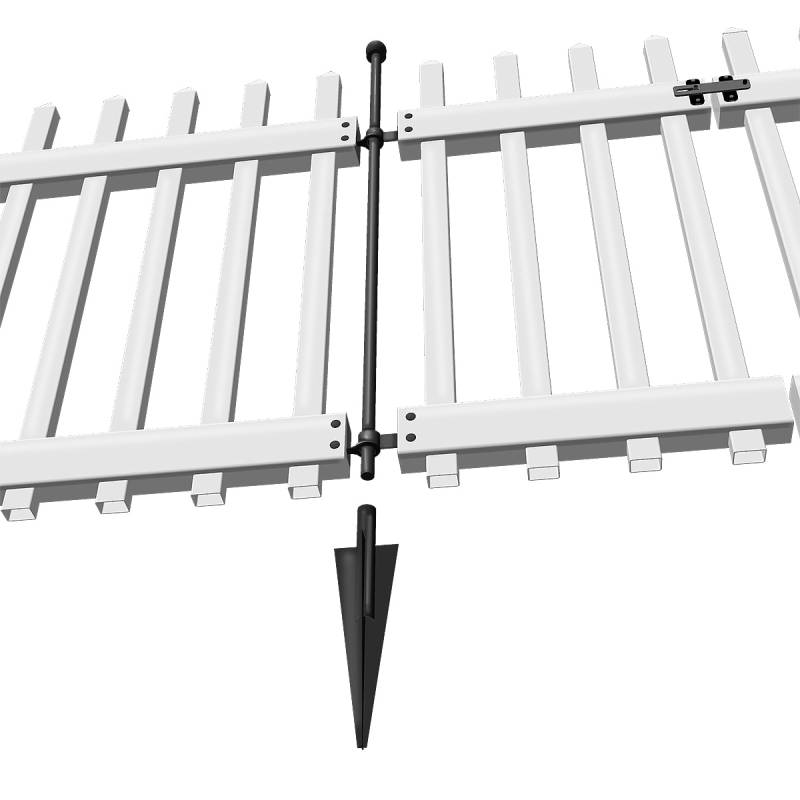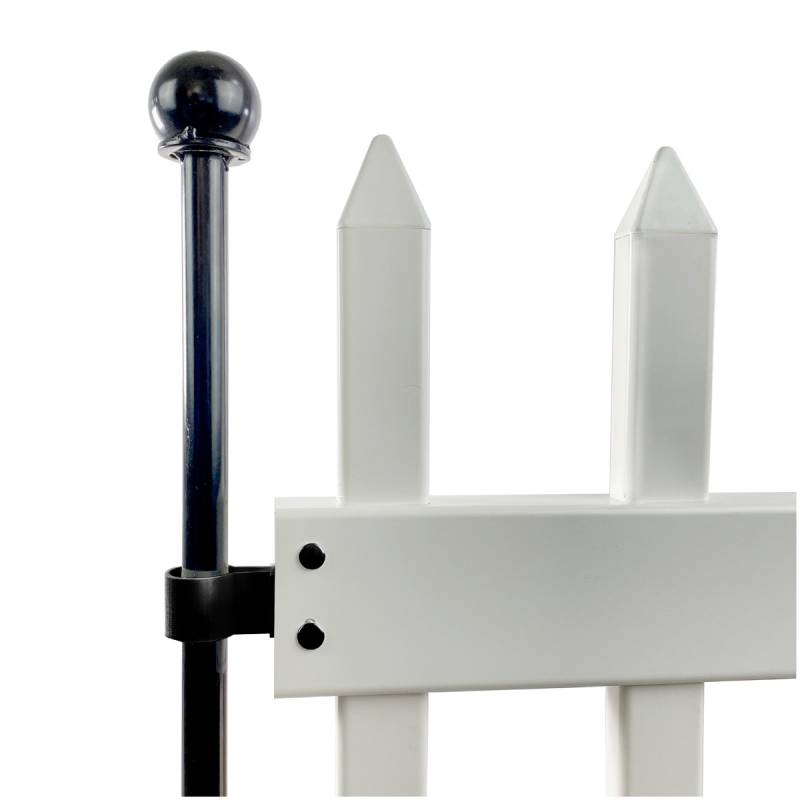Related News
Premium Vinyl Flooring – Durable, Waterproof & Stylish
Jul . 24, 2025 03:01

Exploring Vinyl: Industry Trends, Technical Parameters & Applications
Email: marketing@hebeimetals.com
| Tel: +86 311 85270366
Address: No.337 Xinhua Road, Shijiazhuang, Hebei, China
Address: No.337 Xinhua Road, Shijiazhuang, Hebei, China
Current Industry Trends in Vinyl Development
The global Vinyl industry has witnessed remarkable evolution, driven by technological advancements, growing environmental awareness, and expanding applications in construction, automotive, healthcare, and consumer goods.
According to data from MarketsandMarkets,
the Vinyl market is anticipated to register a CAGR of about 4.6% by 2030, driven by robust demand for high-durability, sustainable, and cost-effective materials.
Sustainability has taken center stage, with manufacturers increasingly utilizing bio-based raw materials and recycling initiatives. Meanwhile, Vinyl offers unique properties like chemical resistance, flexibility, electrical insulation, and flame retardancy, making it indispensable across diverse sectors. Growth is particularly strong in Asia-Pacific, attributed to infrastructure development, urbanization, and rapid industrialization (Plastics News Europe).
Sustainability has taken center stage, with manufacturers increasingly utilizing bio-based raw materials and recycling initiatives. Meanwhile, Vinyl offers unique properties like chemical resistance, flexibility, electrical insulation, and flame retardancy, making it indispensable across diverse sectors. Growth is particularly strong in Asia-Pacific, attributed to infrastructure development, urbanization, and rapid industrialization (Plastics News Europe).







What is Vinyl?
Vinyl, widely known as polyvinyl chloride (PVC) and various derivatives (such as polyvinyl acetate, polyvinylidene chloride), is a versatile synthetic polymer. First popularized in the 20th century, it today forms the backbone of key industries—from flooring and window profiles to medical devices and wall coverings.
Hebei Minmetals Co., Ltd. offers high-quality Vinyl solutions tailored for global clients across sectors, leveraging cutting-edge manufacturing and strict quality control: www.hebeimetals.com/vinyl.html.
Vinyl is appreciated for its superior resistance to moisture, chemicals, and UV radiation; its customizability in color, thickness, and finish; and its outstanding mechanical performance.
Hebei Minmetals Co., Ltd. offers high-quality Vinyl solutions tailored for global clients across sectors, leveraging cutting-edge manufacturing and strict quality control: www.hebeimetals.com/vinyl.html.
Vinyl is appreciated for its superior resistance to moisture, chemicals, and UV radiation; its customizability in color, thickness, and finish; and its outstanding mechanical performance.
Key Technical Parameters of Vinyl
| Parameter | Unit | Typical Value | Reference Standard |
|---|---|---|---|
| Density | g/cm3 | 1.30 - 1.45 | ASTM D792 |
| Hardness (Shore A/D) | - | 60A - 80D | ASTM D2240 |
| Tensile Strength | MPa | 35 - 60 | ASTM D638 |
| Elongation at Break | % | 150 - 380 | ASTM D638 |
| Operating Temperature | °C | –15 to +60 | ISO 2578 |
| Flame Retardancy | – | V-0 (Self Extinguishing) | UL 94 |
| Water Absorption | % | < 0.3 | ASTM D570 |
| UV Stability | - | Excellent (Stabilized Grades) | ISO 4892 |
Visualizing Vinyl Technical Trends and Data
Vinyl Tensile Strength Trends (Typical Grades 2017-2023)
Vinyl Applications Market Share (2023)
Comparison: Vinyl vs. Polyethylene & Polycarbonate (Density, Tensile Strength, Insulation)
Main Applications and Industry Highlights of Vinyl
Vinyl finds critical usage across the following segments:
- Construction: Window and door profiles, cladding, wall and floor coverings due to durability and moisture resistance.
- Automotive: Cable insulation, interior trims, tubing, and underbody coatings, valued for flexibility and flame retardancy.
- Healthcare: Medical tubing, bags, packaging, and devices, leveraging biocompatibility and cleanliness.
- Consumer Products: Flooring, upholstery, wall decals, rainwear, using customized colors and textures.
- Electronics: Wire/cable insulation, conduit, and specialty enclosures provided enhanced electrical insulation.
Expert Q&A: Vinyl Parameters, Specifications, and Usage
1. What are the common types of Vinyl and their main properties?
There are several types, including PVC-U (unplasticized), PVC-P (plasticized), polyvinyl acetate (PVAc), and polyvinylidene chloride (PVDC). PVC-U is rigid and ideal for profiles and pipes, while PVC-P is flexible for sheeting and wiring. Vinyl derivatives also offer distinct properties such as flexibility, chemical resistance, and clarity.
2. What are the standard thickness and width ranges available for industrial Vinyl sheets?
Standard industrial Vinyl sheets range in thickness from 0.2mm up to 8mm, and widths are typically available from 1m to 2.5m, with customizable length options up to 50m or more on request.
3. What are the recognized installation standards for Vinyl flooring in construction?
Vinyl flooring installation should adhere to standards like ASTM F710 (Standard for Preparing Concrete Floors) and EN 649 (for homogeneous vinyl flooring), ensuring proper surface preparation, adhesion, and temperature/humidity control.
4. How does Vinyl compare to polyethylene or polycarbonate in electrical insulation?
Vinyl offers competitive electrical insulation, with dielectric strength reaching up to 18 kV/mm, making it suitable for cable insulation and conduit applications. Polyethylene generally provides higher insulation, while polycarbonate offers balanced insulation with flame resistance.
5. What is the flame retardancy rating for Vinyl products?
Most industrial Vinyl grades are rated V-0 (Self Extinguishing) under UL 94, providing superior safety compared to many other polymers—ideal for automotive and building applications.
6. Can Vinyl be recycled and is it environmentally friendly?
Yes, Vinyl is recyclable. Industry initiatives (like the VinylPlus program) promote closed-loop recycling processes, energy recovery, and the use of bio-sourced additives to reduce environmental impact.
7. Is Vinyl safe for use in medical and food-contact applications?
Medical and food-contact grades of Vinyl are produced with stringent quality controls to comply with standards such as USP VI (for medical devices) and FDA 21 CFR 177.1980 (for food contact), ensuring biocompatibility and safety.
Why Choose Hebei Minmetals Co., Ltd. for Your Vinyl Needs?
Hebei Minmetals Co., Ltd. is a leading manufacturer and global supplier of superior Vinyl materials. With decades of technical expertise, adherence to international standards (ISO, ASTM, UL), and a strong commitment to sustainable manufacturing, we deliver quality, innovation, and reliability.
- Custom Formulations: Precision color, flexibility, thickness, and surface finishes.
- Rigorous Quality Assurance: Full traceability and advanced testing for mechanical, chemical, and environmental properties.
- Sustainability: Participation in global circular economy initiatives, recycled & bio-based options.
- Global Logistics: Rapid, secure supply to North America, Europe, Asia-Pacific, and Africa.
- Technical Support: Responsive R&D consultation and post-sales engineering advice.
Future Outlook & Technology Trends in Vinyl
The future of Vinyl technology is characterized by increasing environmental compliance, smart materials innovation (e.g., antimicrobial, antistatic, anti-scratch blends), and digital manufacturing integration. Digital printing, laser cutting, and green plasticizer developments are transforming production efficiency and product functionality.
As the demand for safer, more eco-friendly, and higher-performing Vinyl continues to grow, Hebei Minmetals Co., Ltd. remains at the forefront, directly contributing to global standards, R&D, and sustainable production.
As the demand for safer, more eco-friendly, and higher-performing Vinyl continues to grow, Hebei Minmetals Co., Ltd. remains at the forefront, directly contributing to global standards, R&D, and sustainable production.




















